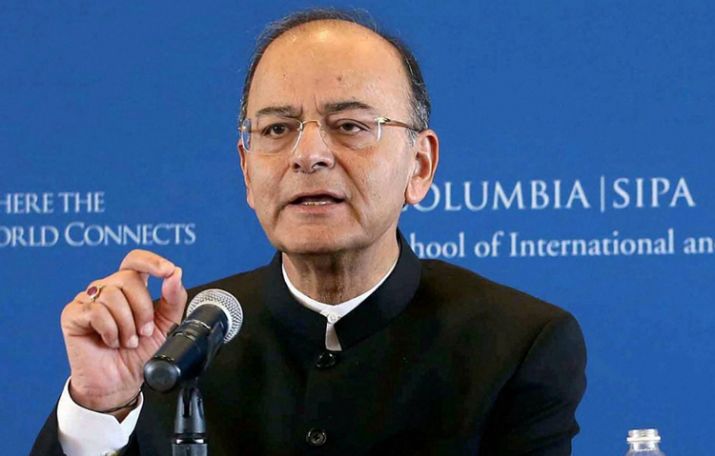NEW DELHI: Stressing that India has been able to implement the major indirect tax reform GST in a least disruptive manner, Union Minister Arun Jaitley today said best of the new regime in terms of contribution to the society was yet to come.
The government rolled the Goods and Services Tax (GST), which encompasses 17 indirect taxes and a host of cesses, on intervening midnight of June 30 and July 1 last year.
Observing that countries implementing GST had witnessed major disruption, Jaitley said he too had felt that it would cause disruption in the Indian economy.
“I myself used to use the word disruptive when it came to major reform like GST because it takes time to settle down. But after one year of experience I’m not too sure whether I can use the word disruptive for GST reform,” said Jaitley while addressing a function to mark completion of one year of the new tax reform through video conferencing.
“The smooth manner in which the changeover has taken place is almost unprecedented anywhere in the world … I’m sure we have seen the first year where we have seen effective gains this is only the short-term or at best medium term of GST… that the best of GST in terms of its contribution to society is yet to come.”
The GST, the minister said, would have a long-term impact on the country’s GDP growth, ease of doing business, expansion of trade and industry, make in India initiative, besides promoting honest business practices.
“As the tax collection goes up, the capacity to rationalise the slabs, the capacity to rationalise the rates, also will certainly increase. And therefore that capacity to rationalise will increase once the total volume of tax collected significantly increases,” Jaitley said.
Stating that the input tax credit itself is an effective route for ensuring that people make their disclosures more faster, Jaitley said once you have a more efficient tax system it will ensure that evasion does not take place.
“The e-way bill has already been implemented and once the invoice matching comes in, evasion and detection of evasion itself will become far simpler itself,” he said. (AGENCIES)


